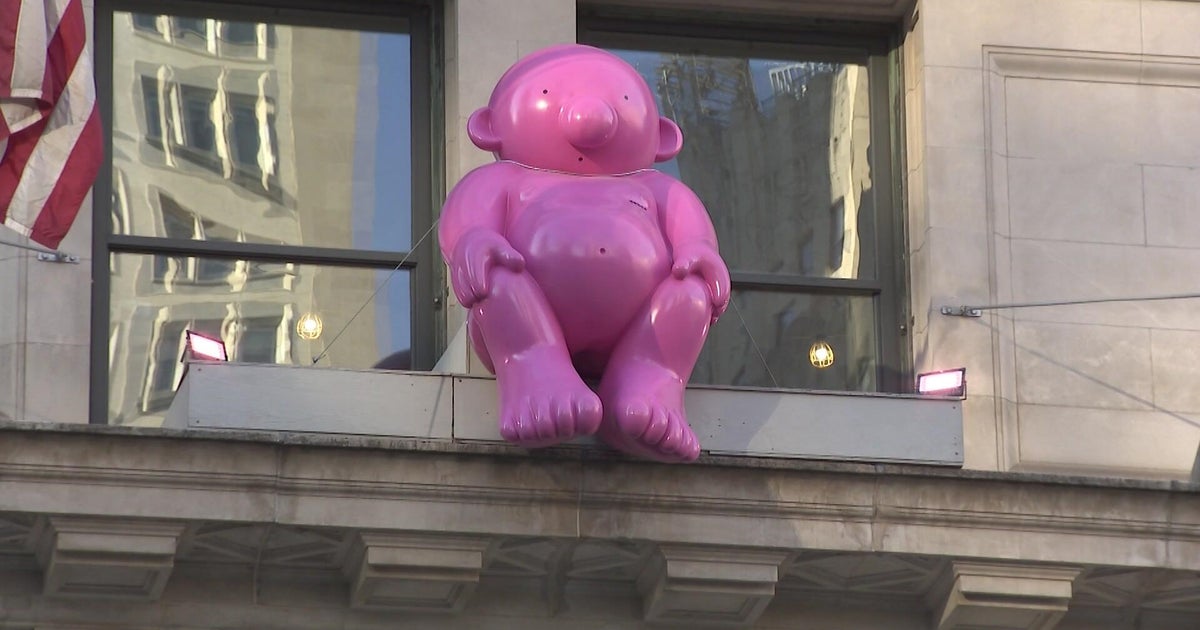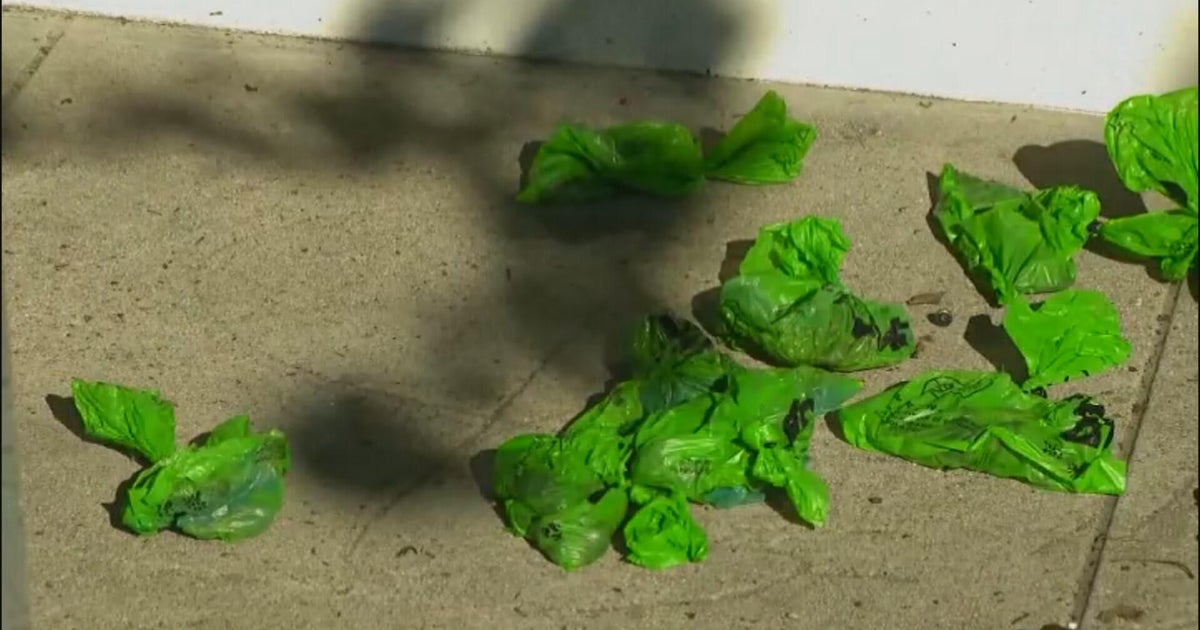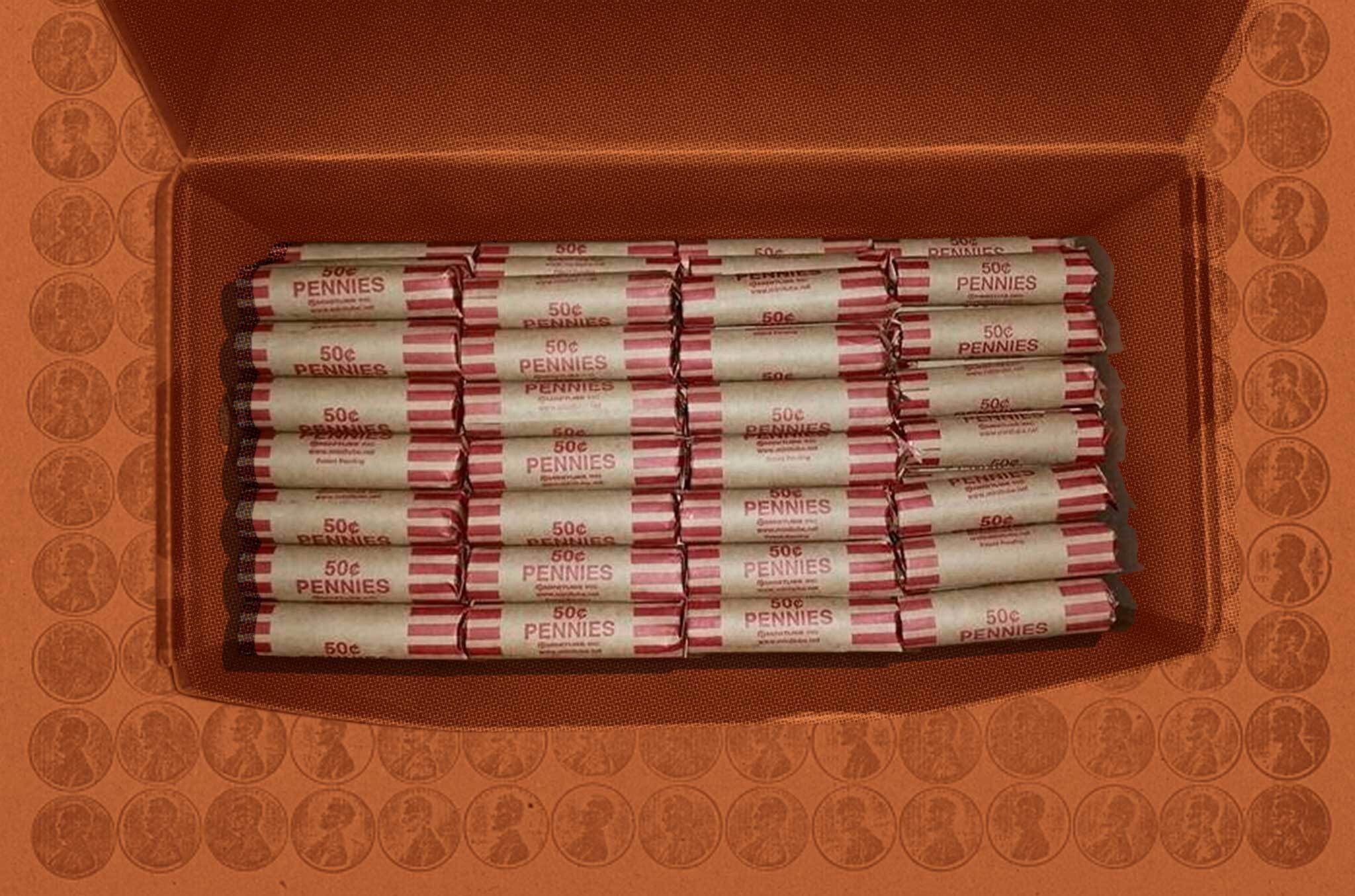New York City adds 5-cent fee for paper bags after state bans plastic bags
New York City will impose a 5-cent fee for paper bags starting next March, part of an effort to reduce the city's solid waste. The nickle fee will accompany New York state's ban on plastic bags, and is aimed at encouraging shoppers to bring their own reusable bags.
The city's measure was approved following the state's ban on plastic bags, which was approved last month by the state's Democratic-controlled legislature. The ban, which covers most single-use plastic bags provided by supermarkets and other stores, will also go into effect in March 2020. California has also banned plastic bags, while Hawaii's counties ban plastic bags, although it's not a state-mandated ban.
If New Yorkers switch to reusable bags rather than turning to paper bags, it could reduce waste considerably, with the New York City Sanitation Department telling the New York Times that it collects about 30,000 tons of paper bags every year.
"This legislation to dramatically reduce paper bag waste will ensure that clogged storm drains, polluted waterways and parkland riddled with non-biodegradable bag waste will be a part of New York City's past — not its future," City Council Member Margaret Chin said in a statement.
The paper bag fee -- 3 cents goes to a state environmental protection fund and 2 cents to a city reusable-bag program -- will help encourage shoppers to bring their own bags, said Council Member Brad Lander in the statement.
"Albany has finally made the right move for the environment by banning plastic bags statewide. But to truly see a reduction in waste, our policy must encourage people to switch to reusable bags, which everyone can do," Lander said.
Scientists say paper bags can be worse than plastic when viewed through the lens of carbon emissions. They're heavier, requiring more fuel to transport, and they're made from trees. A cotton tote needs to be reused at least 52 times to have the same climate impact as a single-use plastic bag, according to a 2018 study from Denmark. Woven mesh bags or plastic bags intended for reuse have a smaller carbon footprint than cotton bags.
-- Irina Ivanova contributed to this report.





